Differences and similarities between words
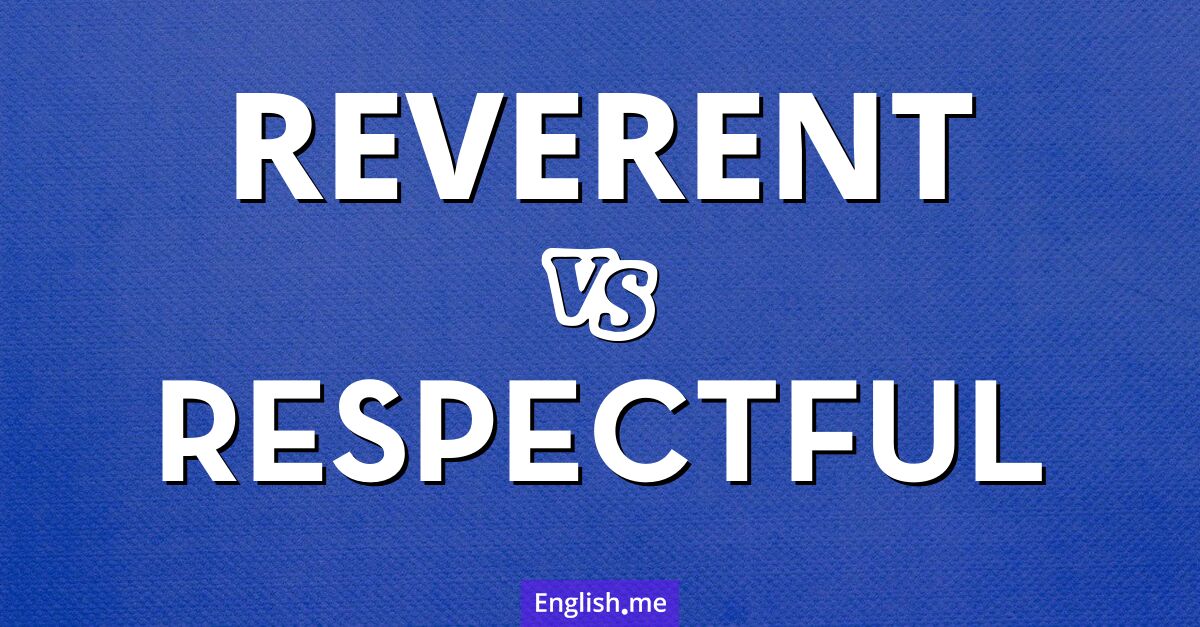
"Reverent" vs. "respectful": comparing shades of esteem
"Reverent" implies a deeper, more solemn and profound respect, often ... Learn more →
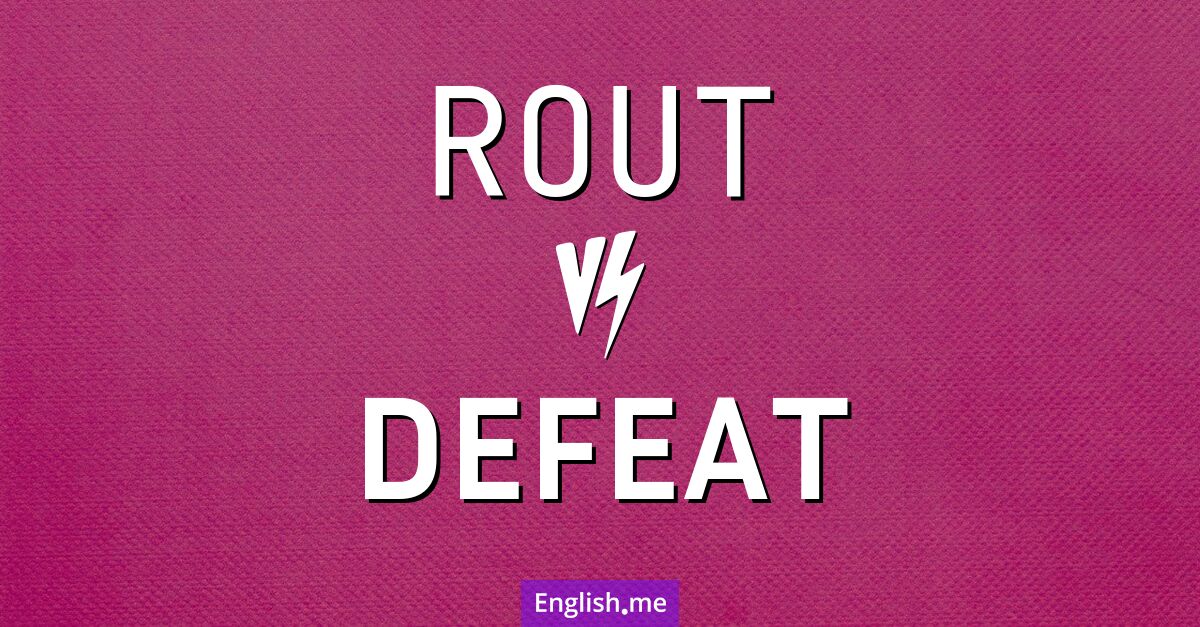
"Rout" vs. "defeat": beyond the battle lines of language
A "rout" implies a disorderly or overwhelming defeat, suggesting complete ... Learn more →
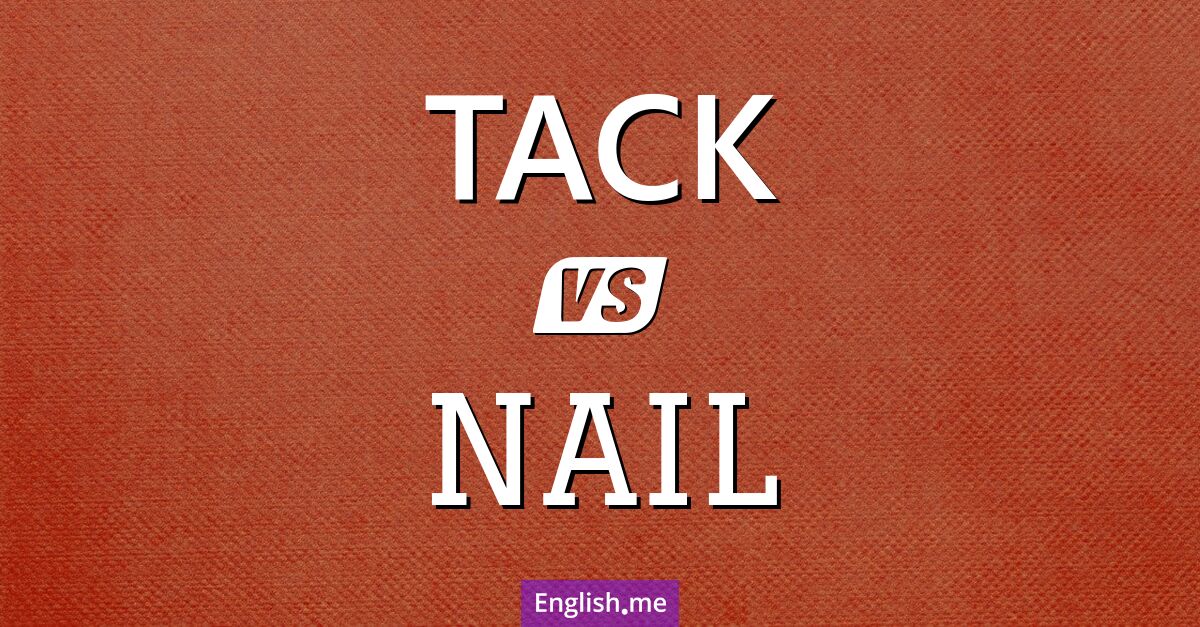
Fastening language: unpacking "tack" vs "nail"
A "tack" is typically smaller, with a flat, wide head, ... Learn more →
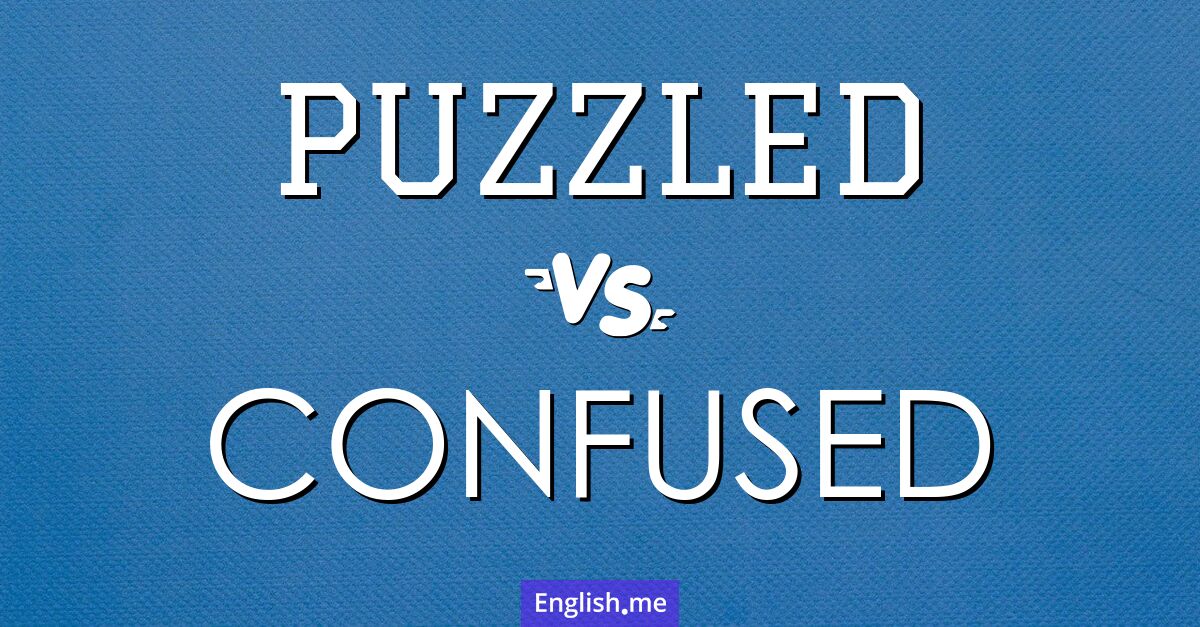
In the fog: unraveling "puzzled" vs. "confused"
"Puzzled" often implies a temporary state of trying to make ... Learn more →
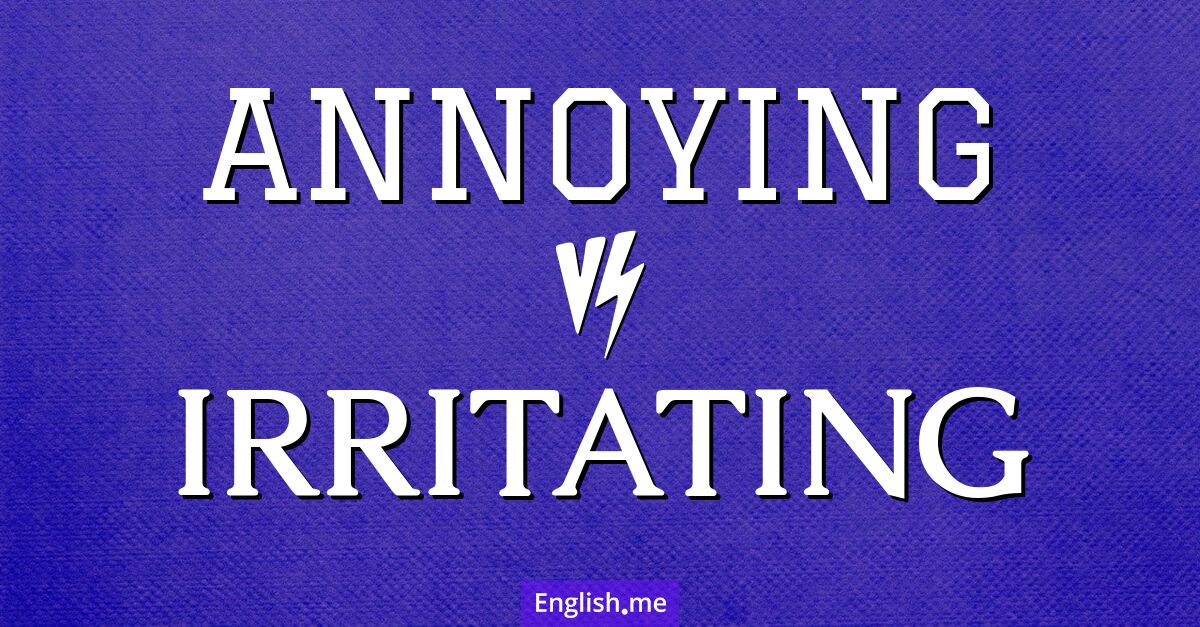
Cousins of discomfort: comparing "annoying" vs "irritating"
Annoying often implies a milder, more persistent nuisance, while irritating ... Learn more →
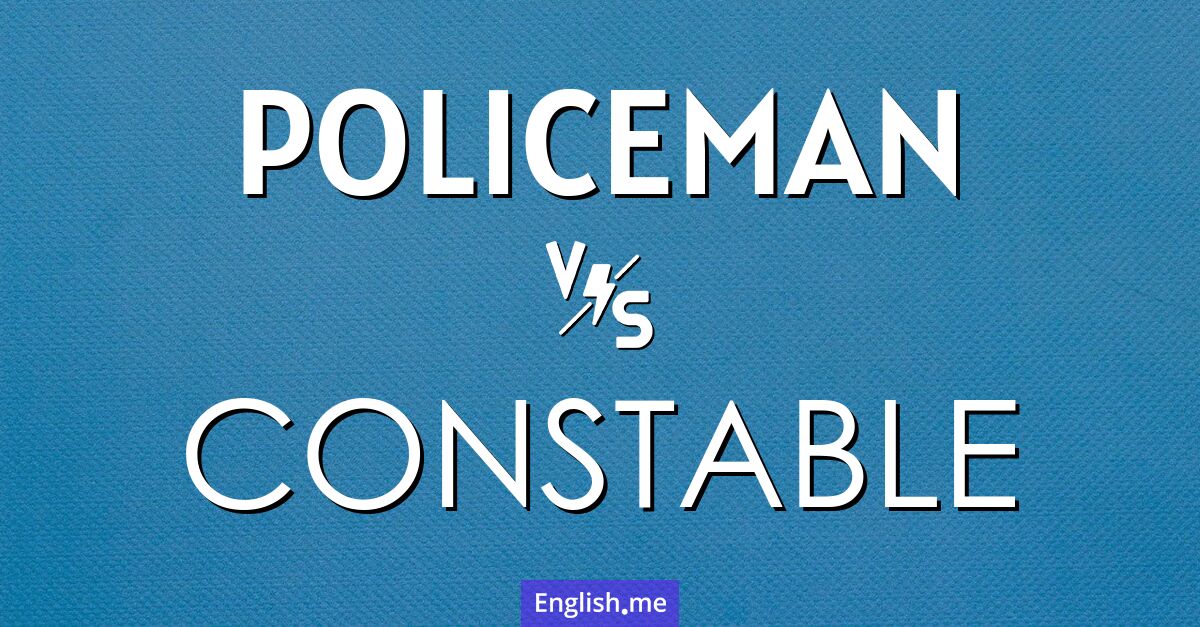
"Policeman" vs. "constable": spotting the badge differences
Policeman refers to a male officer and is more commonly ... Learn more →
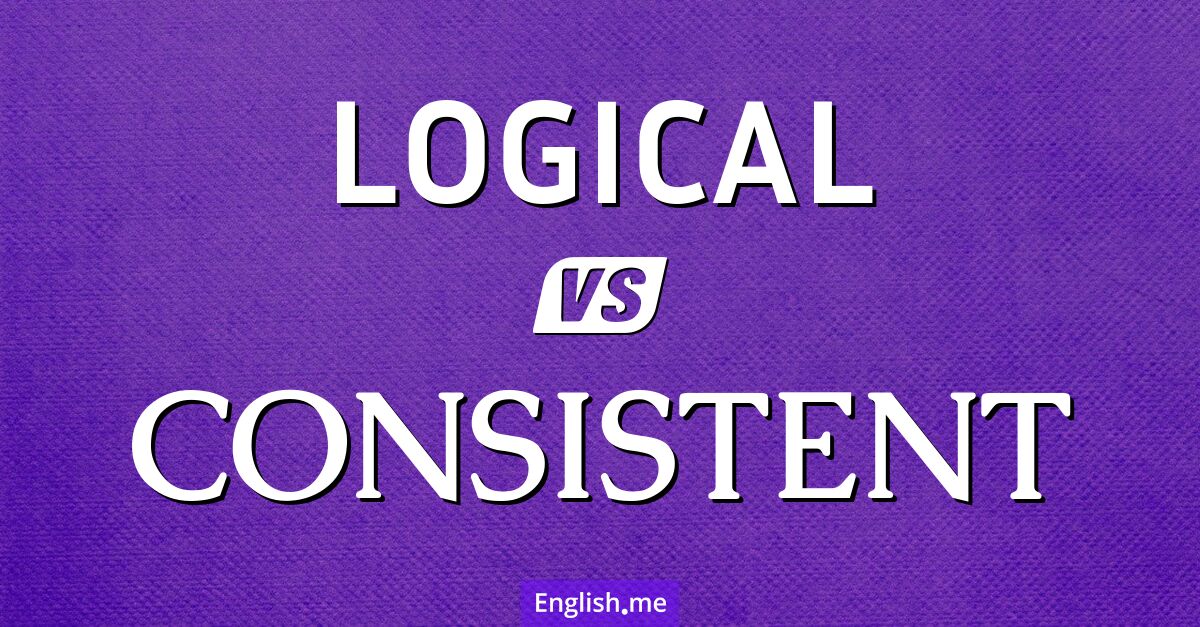
"Logical" vs. "consistent": twin pillars of reason revealed
Logical refers to reasoning that follows clear principles of validity. ... Learn more →
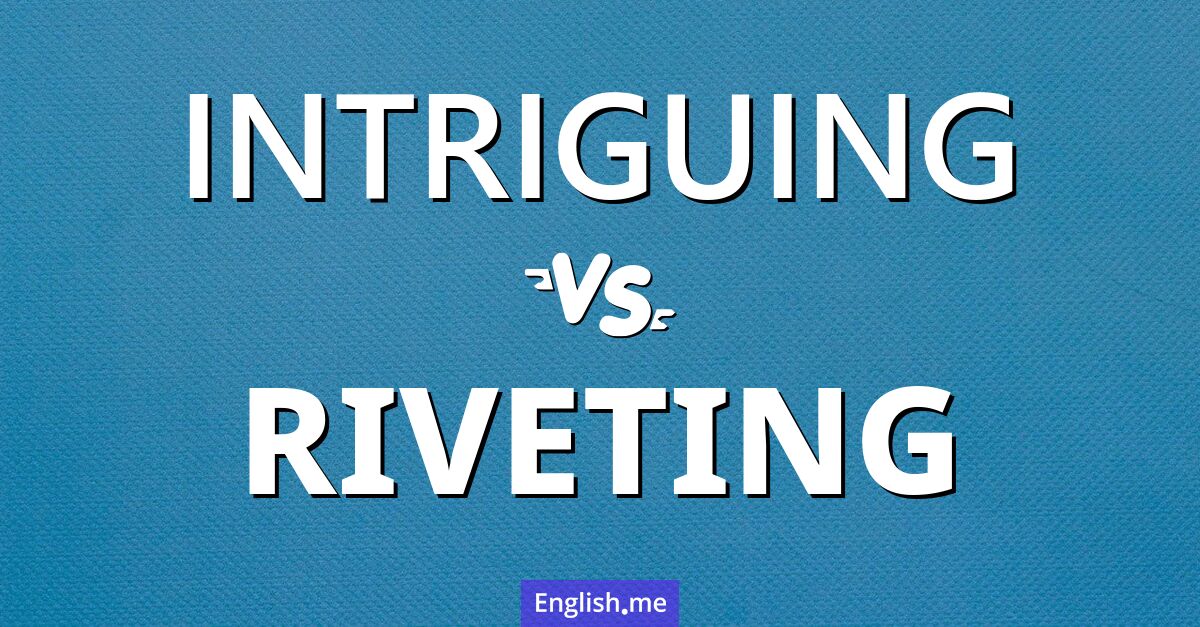
"Intriguing" vs. "riveting": a tale of captivating words
"Intriguing" often implies curiosity or fascination, while "riveting" suggests something ... Learn more →
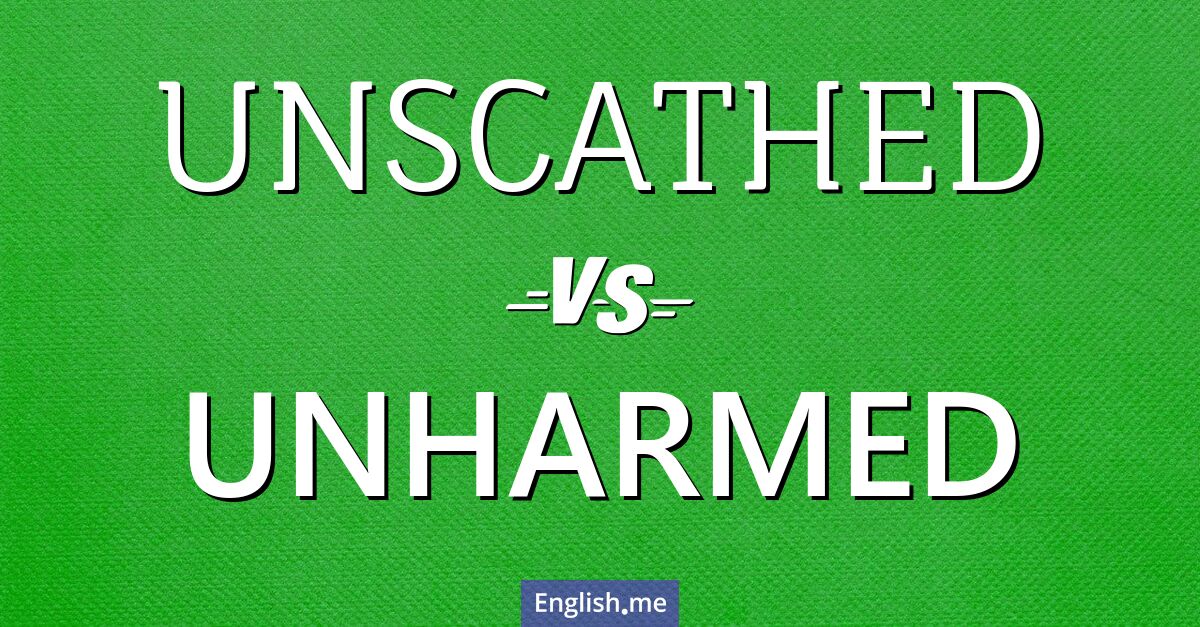
"Unscathed" vs. "unharmed": subtle shades of safety
Unscathed often conveys a physical or metaphorical sense of no ... Learn more →
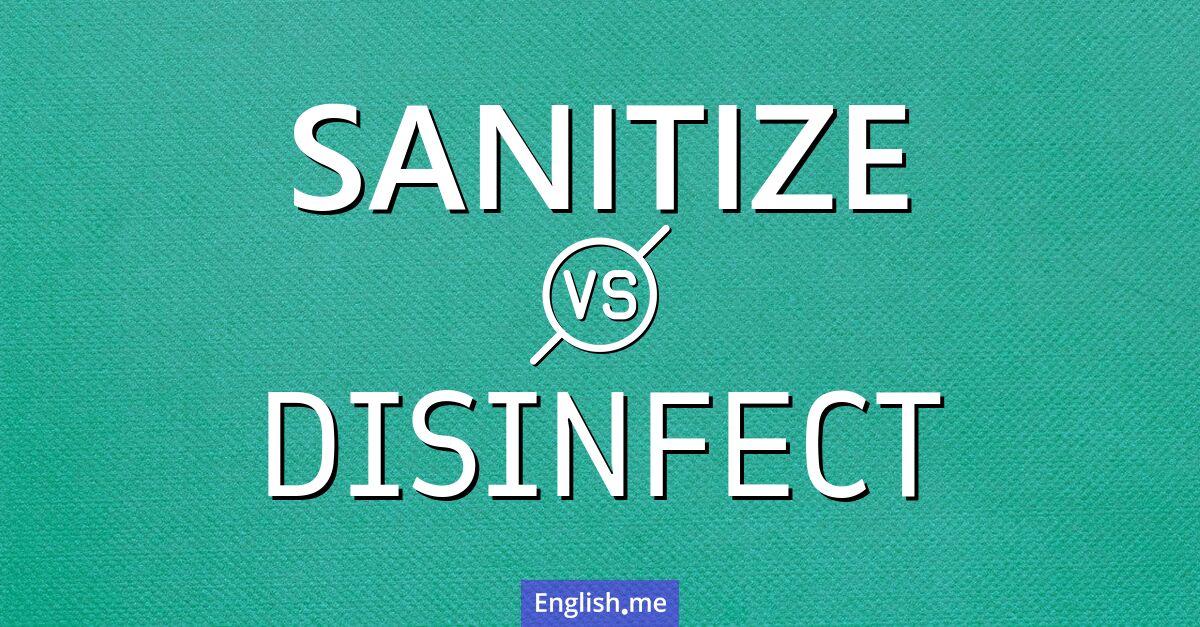
"Sanitize" vs "disinfect": navigating the language of clean
Sanitize typically reduces the number of germs to a safe ... Learn more →

 English
English español
español française
française italiano
italiano deutsche
deutsche 日本語
日本語 polski
polski česky
česky svenska
svenska Türkçe
Türkçe Nederlands
Nederlands